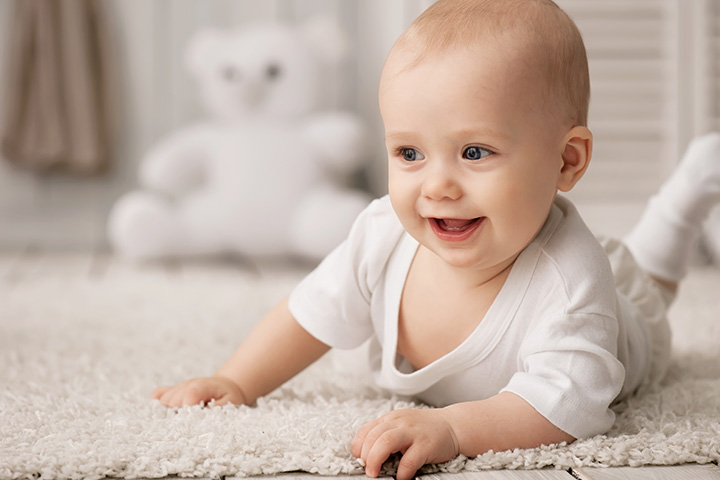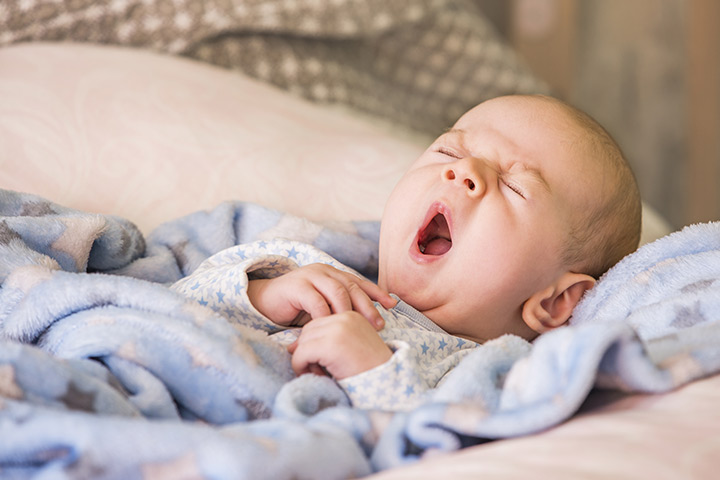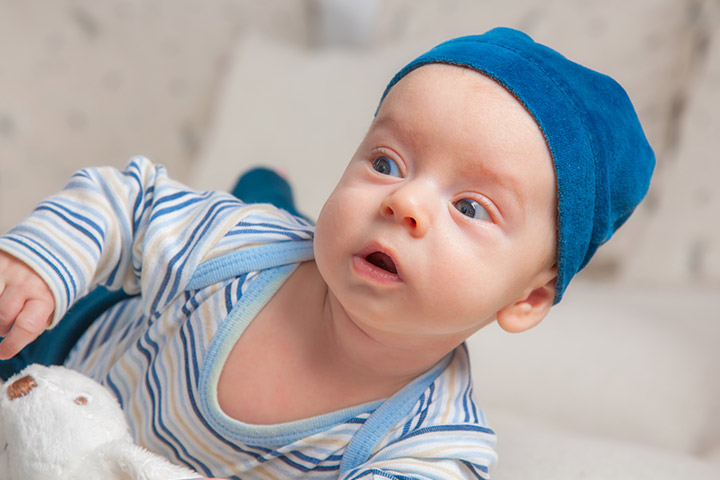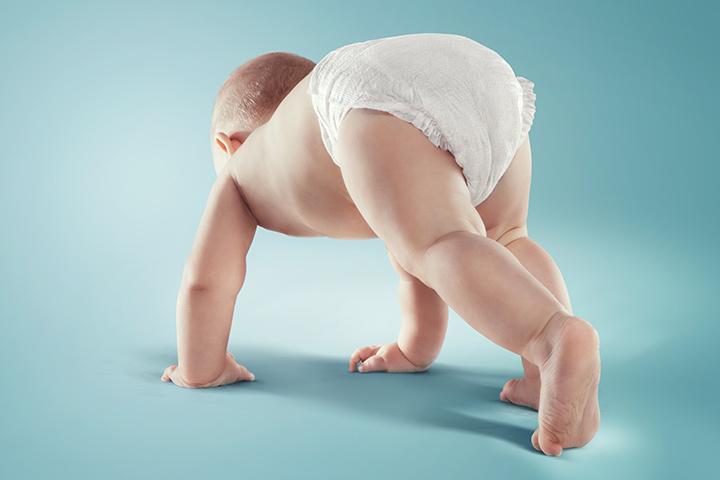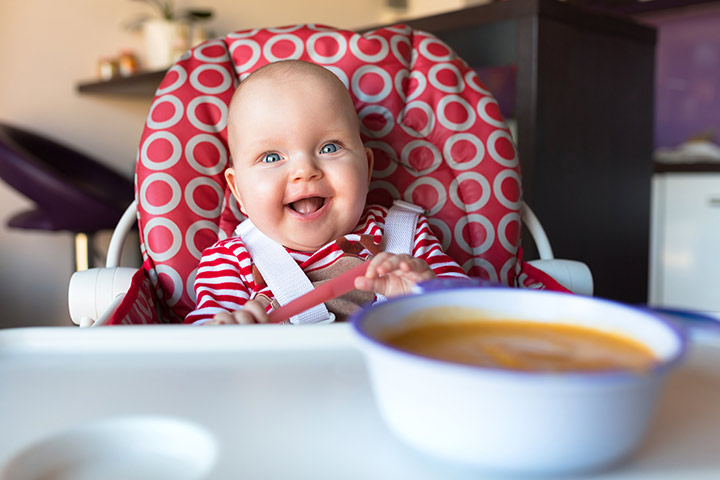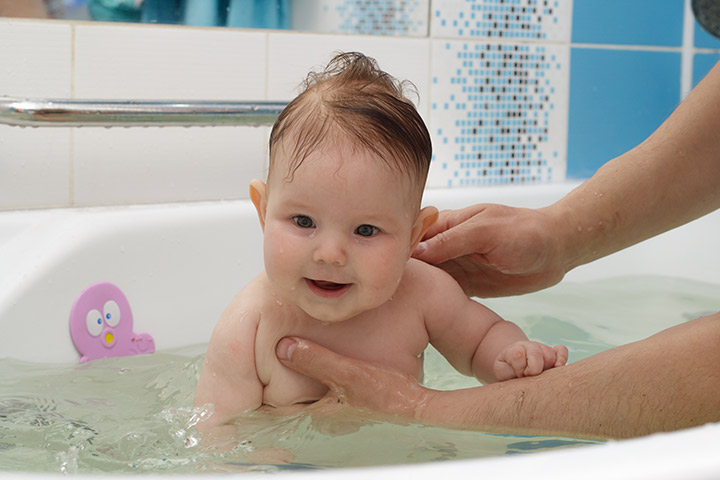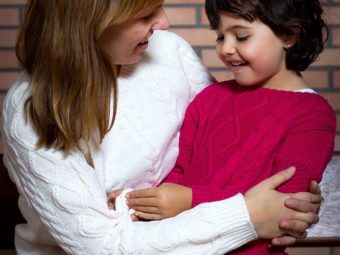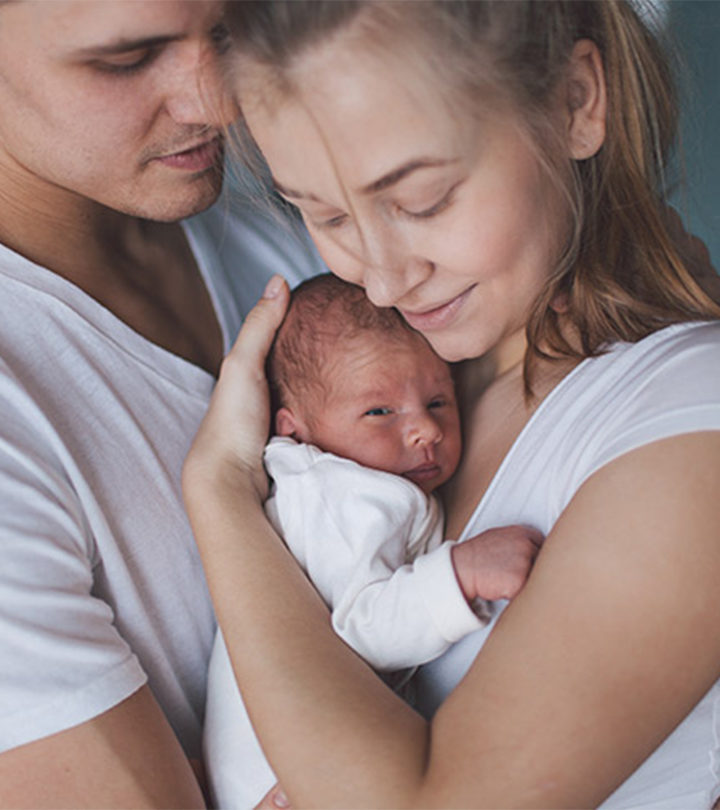
Image: Shutterstock
Newborns bring a lot of cheer and happiness to a family. But, they also make new parents nervous and anxious. And, the list of dos and don’ts that the hospital nurses give just adds more to their anxiety. However, this is because newborns are quite delicate and tender and need to be handled with care. No wonder then that couples wait for this ‘newborn’ phase to pass as quickly as possible so they can enjoy their baby’s company fearlessly. So, here are a few signs to watch out for that let you know your baby is no longer a newborn:
1. Can Lift Their Head Up By Themselves
Newborn babies are generally born with heads, which are slightly heavier for their necks since muscle development is still incomplete. However, once the muscles develop, your baby will be able to lift his/her head up for a short while when you put him/her on the tummy. This means that your baby is no longer a newborn.
2. They Cry Differently
In the beginning, newborns will constantly cry for attention and their cries are generally frail. However, they’ll soon start crying louder and cry differently for different needs like sleep, hunger, or just to let you know that he/she is missing you!
3. Their Sleep Routine Is Almost Set
Newborn babies do not have a developed circadian rhythm, which is our internal biological clock that monitors our sleep-wake cycle (1). This makes them wake up constantly, be it day or night. However, with your regular efforts, babies soon learn to sleep longer during the nights and stay awake during the day. Thereby, pretty much setting up a routine.
4. The Startle Reflex Disappears
Also known as Moro reflex, this involuntary response to stimulation causes your newborn to get startled at the slightest of noise (2). This is why it is important to swaddle your baby to help him/her calm down. This reflex generally goes away after babies turn 3 – 4 months old and are no longer newborns by then.
5. Your Baby Now Rolls Over
By 4 months, you’ll start to put your baby on the tummy for short periods of time. With your baby’s muscles starting to develop, your baby will now learn to roll over from front to back (3).
6. Feed Quickly, And (Probably) More
The newborn stage is a huge learning phase for babies, especially when it comes to learning how to suckle either from the breast or the bottle. Once they develop this skill, though, they start feeding quickly. Also, there might be an increase in appetite.
7. Bigger Size Of Diapers
You might have noticed that there are different sizes of diapers for babies, starting with the ones for ‘Newborns’. However, as your baby grows in girth and weight, you’ll soon require a bigger size of diapers. This means your baby has moved out of the ‘newborns’ phase.
8. Start Playing With Themselves
By 3-4 months, babies generally start discovering their toes, hands, and fingers and start playing with them as well. They might also try holding objects or start swiping at dangling toys (4).
9. Eats Solid Foods
By the time your baby is 4 months, he/she is ready to try new flavors and textures apart from breast milk or formula. Your baby can now start on solid, pureed foods and cereals (6).
10. Starts Laughing And Squealing
This is one sound that every parent waits to hear – their baby’s laughter. Once your baby is almost 4 months old, he/she will start squealing in delight upon seeing you and will also laugh loudly (7).
11. Enjoys Bath
In the beginning, your newborn might cry a lot upon being bathed. However, soon you’ll realize that your little angel has started to enjoy his/her bath routines. In fact, you’ll be surprised to note that your baby will actually like extended periods of time in the bathtub (8).
12. Enjoys Being Around People
As a newborn, your little baby might have got nervous and cranky every time relatives thronged your home to see him/her. But all this changes once your baby is 4 months old and starts enjoying other people’s company. Your baby will also like looking at them and enjoys the attention given to him/her.
So, has reading this rung a bell already? Has your baby started showing any of these signs? Check out for yourself and let us know in the comments below.

